Neurological Physiotherapy
Neurological physiotherapy deals with physical therapy administered for the disorders connected with the body’s nervous system. Common problems include brain and spinal cord injuries resulting in loss or of movement, spasticity, weak and floppy muscles, uncoordinated movements, loss of sensation, spasm and tremor. Other serious neural issues comprise of the conditions associated with stroke, head injuries, multiple sclerosis, Parkinson’s disease, spinal cord injury, G.B syndrome, Alzheimer’s disease, cerebral palsy, neuropathy, motor neuron disease, and Bell’s palsy.
Stroke/Paralysis
Acute neurological disorders like those of traumatic brain injury or paralysis demand for physical therapy right at their initial stage. Usually stroke results in loss/reduced of movement in certain parts of the body which can be accompanied by numbness and pain. Our neuro-physiotherapists deal with these situations by resorting to massage, constraint-induced movement therapy, strengthening exercises and electrical stimulation. Depending on the complexity involved, special stroke rehabilitation programs might also be suggested so as to improve blood circulation, avoid bed sores, prevent the spread of infection and ease breathing.
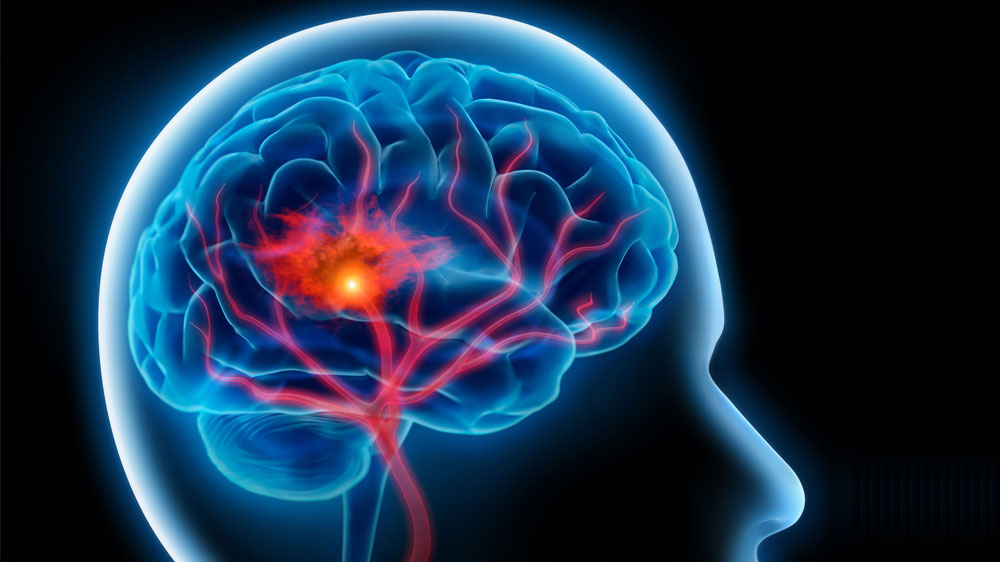

Acute neurological disorders like those of traumatic brain injury or paralysis demand for physical therapy right at their initial stage. Usually stroke results in loss/reduced of movement in certain parts of the body which can be accompanied by numbness and pain. Our neuro-physiotherapists deal with these situations by resorting to massage, constraint-induced movement therapy, strengthening exercises and electrical stimulation. Depending on the complexity involved, special stroke rehabilitation programs might also be suggested so as to improve blood circulation, avoid bed sores, prevent the spread of infection and ease breathing.
Alzheimer’s and Parkinson’s Disease

Physiotherapy treatments associated with Alzheimer’s and Parkinson’s diseases go one step ahead to those mentioned above. The reason might be attributed to the associated intricacy manifesting in the form of dementia, sundowning, restlessness, apathy, depression, hallucinations and decreased mental reasoning. Our staffs are well-trained to handle these aspects in a friendly and co-operative manner. The most important part of this treatment includes suggesting exercises to restore the lost motor function and to strengthen the muscles, eventually leading to the revival of lost hope.
Spinal Cord Injury
Injury to spinal cord either results in a temporary or permanent loss in strength and sensation of certain body parts. The symptoms exhibited include loss of movement, stinging effect, loss of bowel/bladder control, exaggerated reflexes, and cardiovascular dysfunctionalities. These conditions are addressed by our physiotherapists through the techniques like mechanical/manual traction, manual percussions and vibrations, maintenance and strengthening exercises, postural drainage, robotic gait training, respiratory muscle training, electrical stimulation, balance and posture exercises, assisted cough techniques and walking re-education.
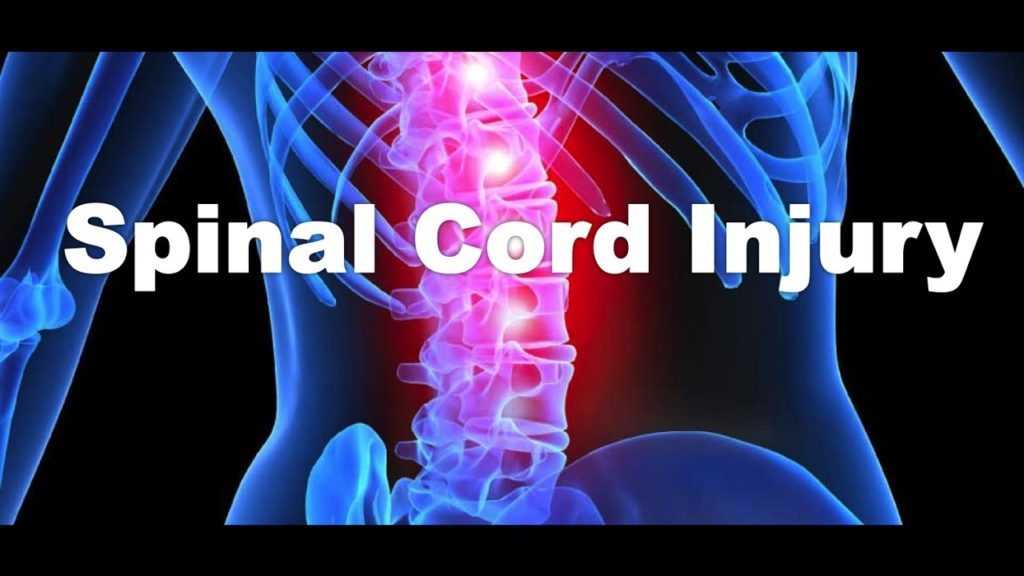

Injury to spinal cord either results in a temporary or permanent loss in strength and sensation of certain body parts. The symptoms exhibited include loss of movement, stinging effect, loss of bowel/bladder control, exaggerated reflexes, and cardiovascular dysfunctionalities. These conditions are addressed by our physiotherapists through the techniques like mechanical/manual traction, manual percussions and vibrations, maintenance and strengthening exercises, postural drainage, robotic gait training, respiratory muscle training, electrical stimulation, balance and posture exercises, assisted cough techniques and walking re-education.
Multiple Sclerosis
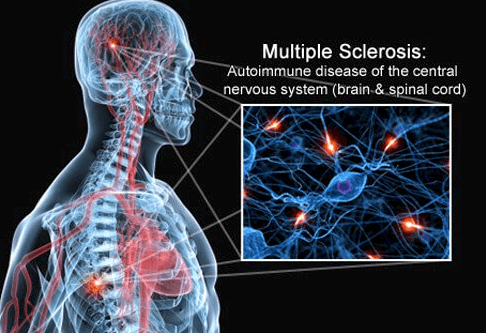
This is an autoimmune disorder featured by inflammation, gliosis and selective demyelination. These conditions result in vision impairment, increasing the loss of movement and control over time, fatigue, sexual dysfunction, short-term memory loss, dizziness, thyroid disease, obesity, hypertension, difficulty in breathing and swallowing, sleep disorders and speech. These symptoms are person-specific and thus demand individual attention. Our physiotherapists accomplish this by suggesting strengthening/stretching/balancing exercises, aquatic therapy, aerobic exercise, tai chi, yoga, hippotherapy, motor imagery and rhythmic auditory stimulation, cognitive behavioral therapy (CBT) and proprioceptive neuromuscular techniques.
Cerebral Palsy
Cerebral palsy is a neural disorder occurring due to damaged brain-nerves either during or after the birth. Associated complications can manifest in the form of scoliosis, thoracic kyphosis, lumbar lordosis, pelvic inclination/rotation/obliquity, hand/wrist/knee deformity, ataxia, athetosis, seizures, impaired vision and hearing, oral diseases, spasticity, contractures, etc. The effects exhibited by the disease vary over time, demanding for age-dependent treatment. We address this issue by resorting to Cuevas medic exercises (CME), hand and upper limb taping,
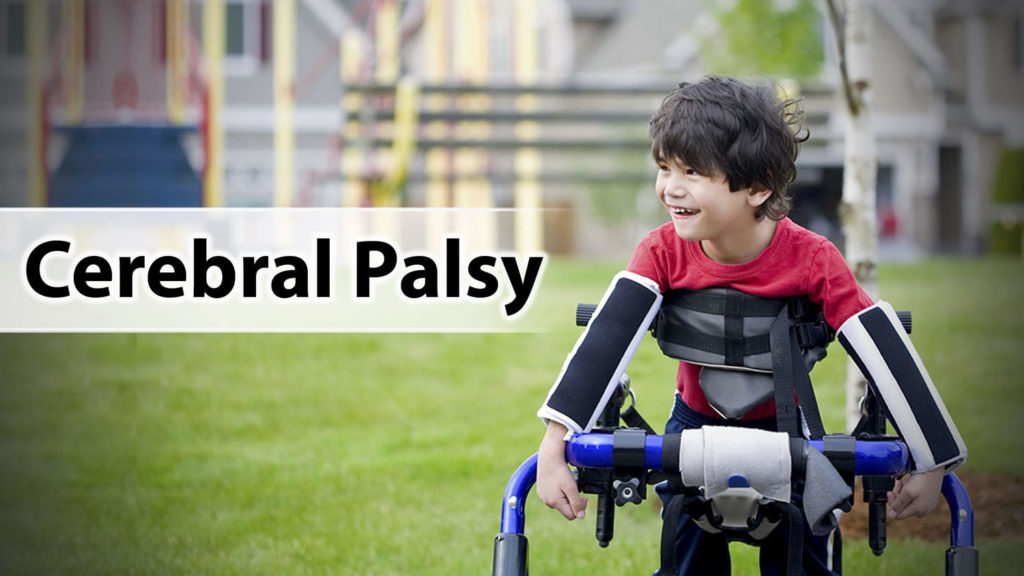

Cerebral palsy is a neural disorder occurring due to damaged brain-nerves either during or after the birth. Associated complications can manifest in the form of scoliosis, thoracic kyphosis, lumbar lordosis, pelvic inclination/rotation/obliquity, hand/wrist/knee deformity, ataxia, athetosis, seizures, impaired vision and hearing, oral diseases, spasticity, contractures, etc. The effects exhibited by the disease vary over time, demanding for age-dependent treatment. We address this issue by resorting to Cuevas medic exercises (CME), hand and upper limb taping,
Bell’s Palsy

Bell’s palsy affects the facial nerve leading to hypertonicity, facial muscle spasms, facial paralysis, problems associated with eyes like tearing/blinking, speaking difficulties, synkinesis, running/stuffing nose, loss/reduced hearing, facial swelling, breathing difficulties, swallowing problems, salivation issues, drooling, taste impairments, sensitivity to light, hypertonicity of facial muscles, facial/brow drooping, and others. We, Physiotherapy Home Care, offer treatment to this disorder in the form of short wave diathermy, electrical stimulation, ultrasound, TENS unit, proprioceptive neuromuscular facilitation (PNF), massage and stretching exercises, acupuncture, laser therapy, and thermotherapy to re-coordinate/ re-train the facial movements.
G.B Syndrome
Guillain-Barre syndrome is a rapidly progressing autoimmune disorder which affects the peripheral nervous system of the human body. The symptoms exhibited are a tingling effect, numbness, fatigue, difficulty in swallowing, blot clots, respiratory problems, slow reflexes, severe lower back pain, urinary inconsistency, unsteadiness, crawling effect, digestion issues, unexplained spontaneous sensations (paresthesias), pain and mild cognitive issues. Our physical therapists help the suffering individuals to regain their physical and mental strength by administering aerobic exercises, hydrotherapy, passive limb exercises, strengthening exercises and self-management programs, forming a part of rehabilitation.
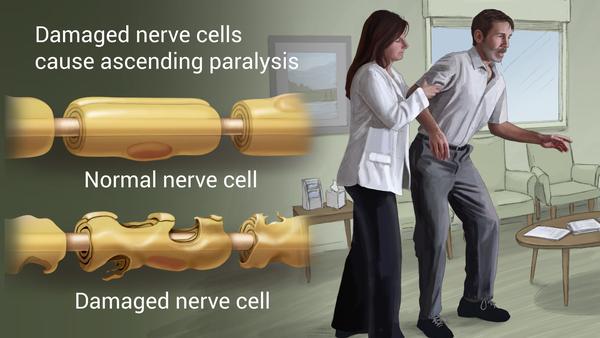

Guillain-Barre syndrome is a rapidly progressing autoimmune disorder which affects the peripheral nervous system of the human body. The symptoms exhibited are a tingling effect, numbness, fatigue, difficulty in swallowing, blot clots, respiratory problems, slow reflexes, severe lower back pain, urinary inconsistency, unsteadiness, crawling effect, digestion issues, unexplained spontaneous sensations (paresthesias), pain and mild cognitive issues. Our physical therapists help the suffering individuals to regain their physical and mental strength by administering aerobic exercises, hydrotherapy, passive limb exercises, strengthening exercises and self-management programs, forming a part of rehabilitation.
Motor Neuron Disease
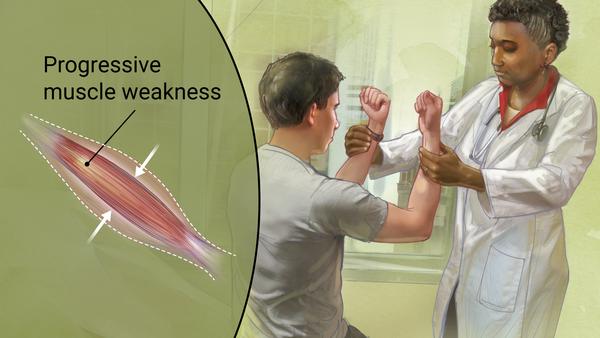
Motor neuron disease (MND) refers to a group of progressive diseases which causes the spine and brain to lose their functionality. This would result in slow, effortful movements accompanied by overactive tendon reflexes including knee and ankle jerks. As the time advances, the voluntary movement can completely be lost. Other symptoms which can be experienced include difficulty in breathing, swallowing and maintaining correct posture.
In addition, it is important to note that not all patients develop similar symptoms. As a result, the physical therapy treatments to be administered are to be tailored to suit the needs of the person being considered and cannot be generalized. Our physiotherapists are good at undertaking this kind of responsibility and deal with the situation by resorting to palliative therapy, range of movement exercises, massage, heat/ice application, strengthening/stretching exercises, TENS, reflexology and postural/gait re-education. Adding to this, physical therapists even review the exercise routine as the disease progresses and do opt between active, active-assisted and passive types.
Neuropathy
Neuropathy refers to a condition in which the nerves get damaged owing to conditions like chemotherapy, diabetes, HIV/AIDS, kidney failure, physical trauma, GB syndrome, repetitive stress, toxicity, hormonal disorders, alcoholism, Charcot-Marie-Tooth disease, rheumatoid arthritis, sarcoidosis, celiac disease, etc. Symptoms exhibited vary depending on the cause and can include temporary or permanent numbness, prickling or tingling or burning sensation, pain, muscle weakness, sweating issues, excessive nail growth, paralysis, increased sensitivity to touch, dysfunction or organs/glands, abnormally low blood pressure, loss of balance, poor wound healing, diarrhea/constipation and urinary inconsistency.
At Physiotherapy Home Care, this condition is treated by resorting to the techniques like electrical simulation; massage therapy; acupuncture; low-impact cardiovascular exercise; yoga, tai chi and active meditation exercises; nerve gliding activities; one-legged exercise; aerobic exercises like brisk walking, swimming and cycling; complete core exercises like planks, dead-bugs, bird-dogs and cable chops; balance and coordination activities like side-leg raise and calf raise; moderate-intensity exercises; and stretching exercises like calf stretch and seated hamstring stretch.


Neuropathy refers to a condition in which the nerves get damaged owing to conditions like chemotherapy, diabetes, HIV/AIDS, kidney failure, physical trauma, GB syndrome, repetitive stress, toxicity, hormonal disorders, alcoholism, Charcot-Marie-Tooth disease, rheumatoid arthritis, sarcoidosis, celiac disease, etc. Symptoms exhibited vary depending on the cause and can include temporary or permanent numbness, prickling or tingling or burning sensation, pain, muscle weakness, sweating issues, excessive nail growth, paralysis, increased sensitivity to touch, dysfunction or organs/glands, abnormally low blood pressure, loss of balance, poor wound healing, diarrhea/constipation and urinary inconsistency.
At Physiotherapy Home Care, this condition is treated by resorting to the techniques like electrical simulation; massage therapy; acupuncture; low-impact cardiovascular exercise; yoga, tai chi and active meditation exercises; nerve gliding activities; one-legged exercise; aerobic exercises like brisk walking, swimming and cycling; complete core exercises like planks, dead-bugs, bird-dogs and cable chops; balance and coordination activities like side-leg raise and calf raise; moderate-intensity exercises; and stretching exercises like calf stretch and seated hamstring stretch.